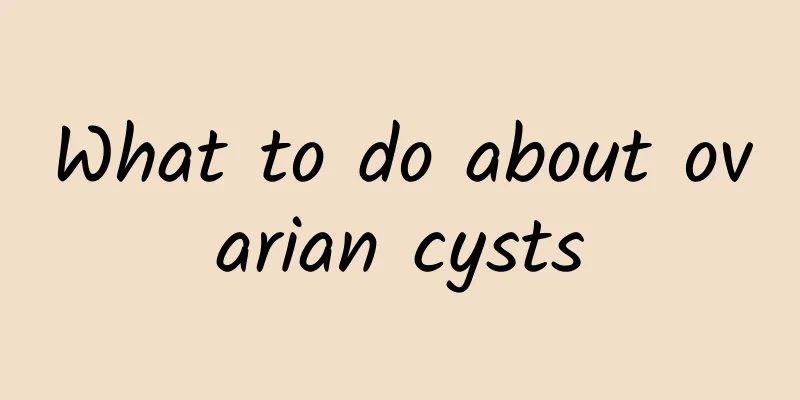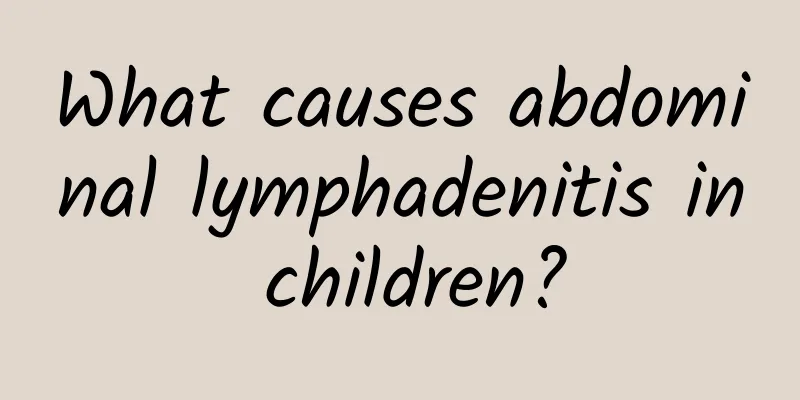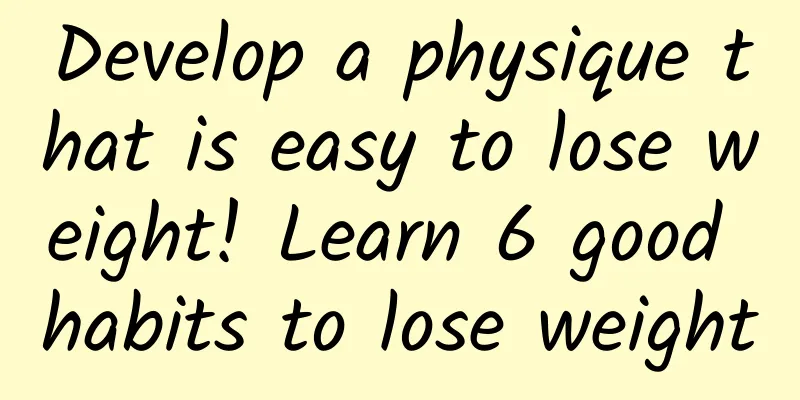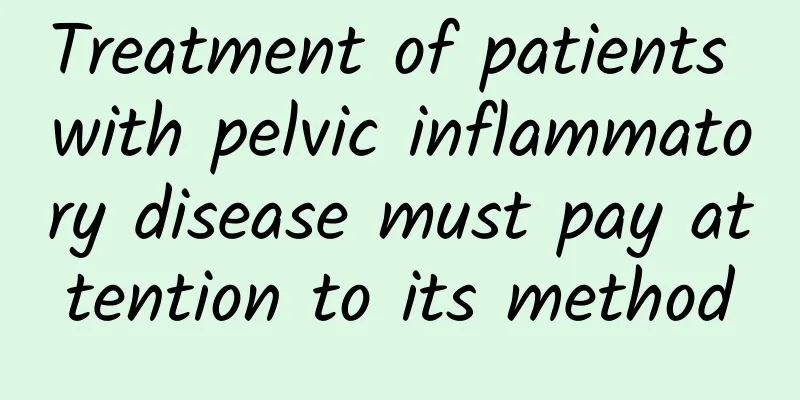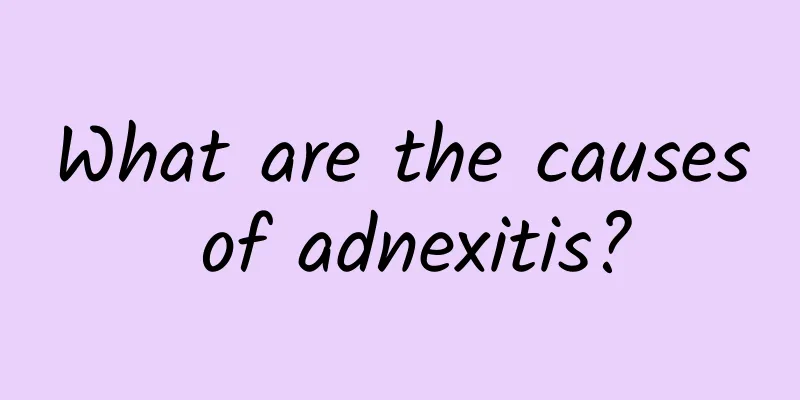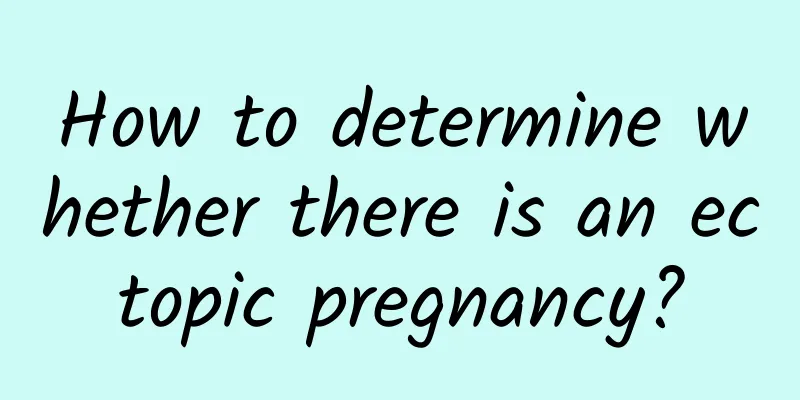How difficult is it to lose weight and prevent cancer? You can do it if you chew slowly!

|
What's the most important thing you can do in your diet to beat obesity and cancer in one fell swoop? Eat more fruits and vegetables? wrong! Eat less sugary drinks? wrong! Learn to count food calories? Still wrong! Although choosing low-calorie, nutritious fresh foods and eating less high-fat, high-calorie foods can help fight obesity and cancer, nutritionists believe that compared to these skills, what modern people lack and tend to neglect is "chewing slowly"! "Eat slowly and thoroughly" is a very important and meaningful thing, but many people regard it as a boring slogan, thinking that a meal should be eaten in big mouthfuls to be enjoyable. Some people even ask: "What's wrong with eating fast? Doesn't it save time and do more things?" Hong Ruopu, a nutritionist at the Zhongxiao branch of Taipei Municipal United Hospital, said that the rhythm of eating is the rhythm of enjoying life. If you want to have a healthy and happy life, instead of spending a lot of money to buy a variety of health foods, it is better to start by chewing slowly and experience the healing power of food and chewing. Chew each mouthful of food several times before swallowing it, and extend the meal time to avoid obesity caused by excessive food intake. Benefit 1 / Helps lose weight: A person's hunger and fullness responses do not depend entirely on the emptiness or fullness of the stomach, but are controlled by the hypothalamus of the brain. Generally speaking, after a person eats, it takes about 20 minutes for the stomach to digest and absorb food and for the message of fullness to be transmitted to the brain before the feeling of hunger slowly disappears. However, modern people live at a fast pace and they also value eating quickly, often finishing a lunch box in 10 minutes. The result of eating too fast is that not only the stomach and intestines cannot handle it, but the information transmitted to the brain will also be slow, causing people to eat too much food without realizing it. In this way, it would be strange if they could lose weight! Nutritionist Hong Ruopu said that the first step to defeat obesity is always to "control appetite", and the easiest way to learn is to chew slowly. As long as you chew each mouthful of food several times before swallowing, you can extend the meal time and give your brain nerves enough time to receive the "full" signal and issue the "stop eating" command, which will help control your weight. The process of chewing food in the mouth can combine with saliva to form salivary amylase, which helps digestion and reduces the burden on the gastrointestinal tract. Benefit 2/Helps digestion: The process of chewing food in the mouth can combine with saliva to form salivary amylase, which helps digestion and reduces the burden on the gastrointestinal tract. On the contrary, if you eat too fast and swallow it directly without chewing, the stomach must squeeze and knead it desperately to make those large pieces of food smaller. This process is not only likely to cause stomach pain, bloating and indigestion, but the intestines that take over later will also be unable to fully absorb the vitamins, minerals and amino acids in the food, wasting a lot of food nutrients. Clinical studies have found that people who eat too fast are twice as likely to develop prediabetes in the future as healthy people. Benefit 3/Control blood sugar: Clinical studies have found that people who eat too fast are twice as likely to develop prediabetes in the future as healthy people. Although "prediabetes" is just a blood sugar level higher than normal and is not true diabetes, if it is not prevented, nearly half of people will develop type 2 diabetes within 10 years. Other studies have pointed out that normal people will experience a peak in insulin secretion 30 minutes after a meal. However, if diabetic patients eat too quickly, the insulin secretion rate cannot keep up, causing glucose to quickly enter the blood circulation, leading to increased blood sugar, which is not conducive to blood sugar control. Benefit 4 / Become smart: The mouth and brain live together in a house called the "head" and are closely connected to each other. The repeated biting and chewing of food not only exercises the facial muscles, but also helps blood flow to the brain, just like chewing gum to refresh yourself when you doze off at work. It increases blood circulation in the cerebral cortex, activates brain nerve activity, and effectively improves brain power. In addition to chewing your meals slowly, it is recommended to grab a handful of walnuts and chew them when you have time every day. This can not only activate your brain power, but the nuts are rich in nutrients such as vitamin E, lecithin, and linoleic acid, which can also nourish brain cells and prevent cognitive dysfunction. Human saliva contains an anti-aging hormone called "parotid hormone" that helps maintain the elasticity of facial skin. Benefit 5/Keep away from cancer: If you eat too fast, the lumps will not be fully ground into powder and will enter the intestines, which may easily scratch the intestinal lining and mucosa. Accumulation in the intestines will also increase the chance of fermentation. Both of these situations may increase the risk of intestinal lesions and even colorectal cancer. In addition to the fact that the action of chewing slowly can prevent colon cancer, the saliva secreted by the mouth during chewing is also a major contributor to cancer prevention. Saliva contains oxidase and peroxidase, which can reduce the attack of nitrite compounds on cells. Nitrite compounds are strong carcinogens. Benefit 6/Beauty care: Eternal youth has a lot to do with the amount of saliva secretion! Nutritionist Hong Ruopu said that human saliva contains an anti-aging hormone called "parotin", which can promote the division and proliferation of skin cells and maintain the elasticity of the skin. The simplest way to promote the secretion of parotid hormone is to chew. Chewing can stimulate the parotid gland and promote the normal secretion of parotid hormone. In addition, chewing itself can help the facial muscles, improve local blood circulation, make the complexion rosy, and at the same time exercise the muscles, help tighten the facial skin, and achieve the effect of modifying facial lines. Chew your meals slowly. The recommended eating time for breakfast is 15 to 20 minutes, and for lunch and dinner is 30 minutes each. The slogan of "chew slowly and thoroughly" is loud, but how slowly should we eat to meet the standard? Although we understand the benefits of chewing slowly, how slowly should we eat and how long should we chew to meet the standard? Nutritionist Hong Ruopu said that the food prepared for breakfast by ordinary people is relatively simple and lightly seasoned, and the recommended dining time is about 15 to 20 minutes; the food for lunch and lunch is more varied and complex, and the eating time should be at least 30 minutes. As for the number of times you chew, it depends on the texture of the food, but on average, you should chew each mouthful of food about 25 to 30 times. Still wolfing down your food? Try to slow down, slowly experience the rhythm of chewing, and enjoy the wonderful life that food brings! |
<<: Running hard but still can’t lose weight? Three iron doctors crack 1 key + 3 suggestions
>>: Low sugar, ketogenic and reduced sugar ~ Learn all three weight loss diets in one go
Recommend
People should know the diagnosis basis of cervical erosion
Cervical erosion is a common disease that can ser...
What food can cure uterine fibroids?
What ingredients can repair uterine fibroids? Wha...
How to prevent hydatidiform mole and prepare for pregnancy
How to prevent hydatidiform mole and prepare for ...
What causes ovarian cysts and how to treat them
An ovarian cyst is a fluid or semisolid mass that...
The symptoms of vulvar leukoplakia introduced by experts
There are more and more patients with vulvar leuk...
Excessive tension during menstruation can cause dysmenorrhea
Many women suffer from dysmenorrhea, the causes o...
Experts explain the common symptoms of adnexitis
In real life, some female friends do not pay atte...
What are the misunderstandings of women in treating cervical erosion? Women should be careful to avoid falling into two major misunderstandings when treating cervical erosion.
In daily life, many women will rush to seek medic...
Experts give advice on how to prevent cervicitis
Cervicitis is usually caused by exogenous infecti...
Abuse of hormone beauty products can cause uterine fibroids
Xiao Quan, 32 years old, opened an import and exp...
What medicine can cure cervicitis in women quickly? Introduction to the methods of treating cervicitis with traditional Chinese and Western medicine
Cervicitis is a gynecological disease that female...
Does Bartholinitis recur frequently?
For patients with Bartholinitis, first of all, du...
The main symptoms of pelvic peritonitis
Pelvic peritonitis is a common gynecological dise...
Bikini goddess fuck LuLu sexy show secrets
It’s summer vacation again, when it’s time to sho...
What are the symptoms of pelvic inflammatory disease?
In recent years, the number of patients with pelv...
